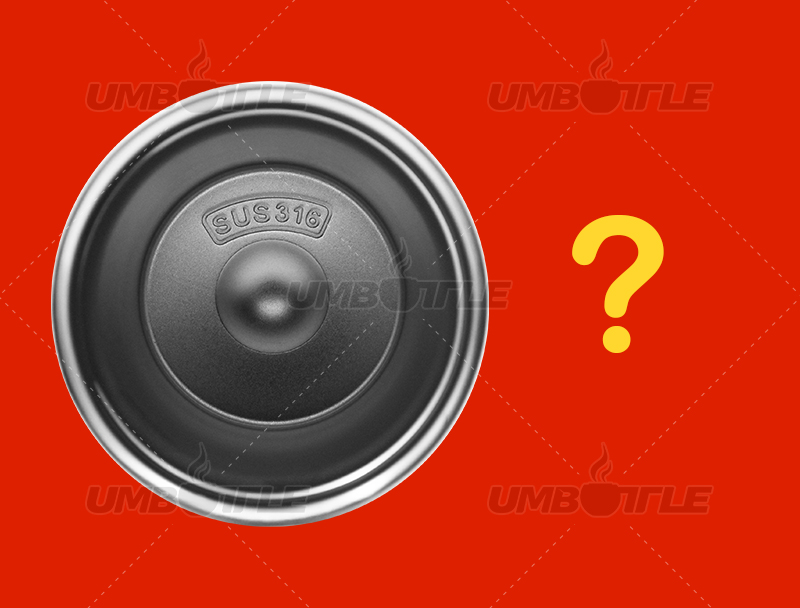Is the Health and Safety Promotion of Water Cups Produced with 316 Stainless Steel Exaggerated?
In recent years, water cups made from 316 stainless steel have garnered considerable attention in the market, with advertisements emphasizing their health and safety features. However, it's important to examine whether this promotion might be overstated from a more comprehensive perspective. This article will explore the health and safety promotion issues surrounding water cups produced with 316 stainless steel from different angles.
Nickel and Health Concerns: 316 stainless steel contains a certain amount of nickel, although lower than in 201 and 304 stainless steels. Nonetheless, it can still trigger nickel allergies. Some individuals are allergic to nickel, and prolonged use of nickel-containing water cups could lead to skin allergies and other problems. Therefore, promoting 316 stainless steel water cups as absolutely harmless might be inaccurate.
Unclear Raw Material Sources: Different manufacturers might use varying qualities of 316 stainless steel raw materials. Some inexpensive water cups might use substandard 316 stainless steel, posing potential risks of exceeding metal element limits and potentially threatening health.
Impact of Plastic Components: The health and safety of water cups are not only related to the cup's body material but also to plastic components like lids and mouthpieces. These plastic components could release harmful substances, especially under high-temperature conditions. Even if the cup body is made of 316 stainless steel, combining it with low-quality plastic components might pose potential health risks to users.
Balancing Corrosion Resistance and Durability: While 316 stainless steel boasts relatively strong corrosion resistance, it's also typically harder. Higher hardness stainless steel can be challenging to shape during manufacturing, leading to issues like difficult welding and inadequate smoothness around the cup's rim. Consequently, producing 316 stainless steel water cups requires a delicate balance between corrosion resistance and durability, and certain specific requirements might not be met simultaneously.
In summary, while the health and safety attributes of 316 stainless steel water cups might be superior to those of other stainless steel cups in certain aspects, there could be some exaggeration in their promotion. Consumers should maintain a critical perspective when making purchases, understanding the material's characteristics and manufacturing process. Opt for cups produced by reputable, certified manufacturers to ensure your health and safety. Additionally, for sensitive individuals, careful selection of water cups, regardless of the material used, is advisable to avoid potential health issues.

Dongguan Zhanyi Commodity Technology Co., Ltd. specializes in the production of metal cups, plastic cups, coffee cups, suction mug, lunch boxes, food jar, travel mugs, portable water bottles, sports bottles, home life desktop trash cans, thermos bottles, etc.These products are all our annual exports, and are recognized and loved by the US, Europe, Australia, Japan, South Korea, Taiwan, Hong Kong and other consumers. Support for small quantity order, fast customization.